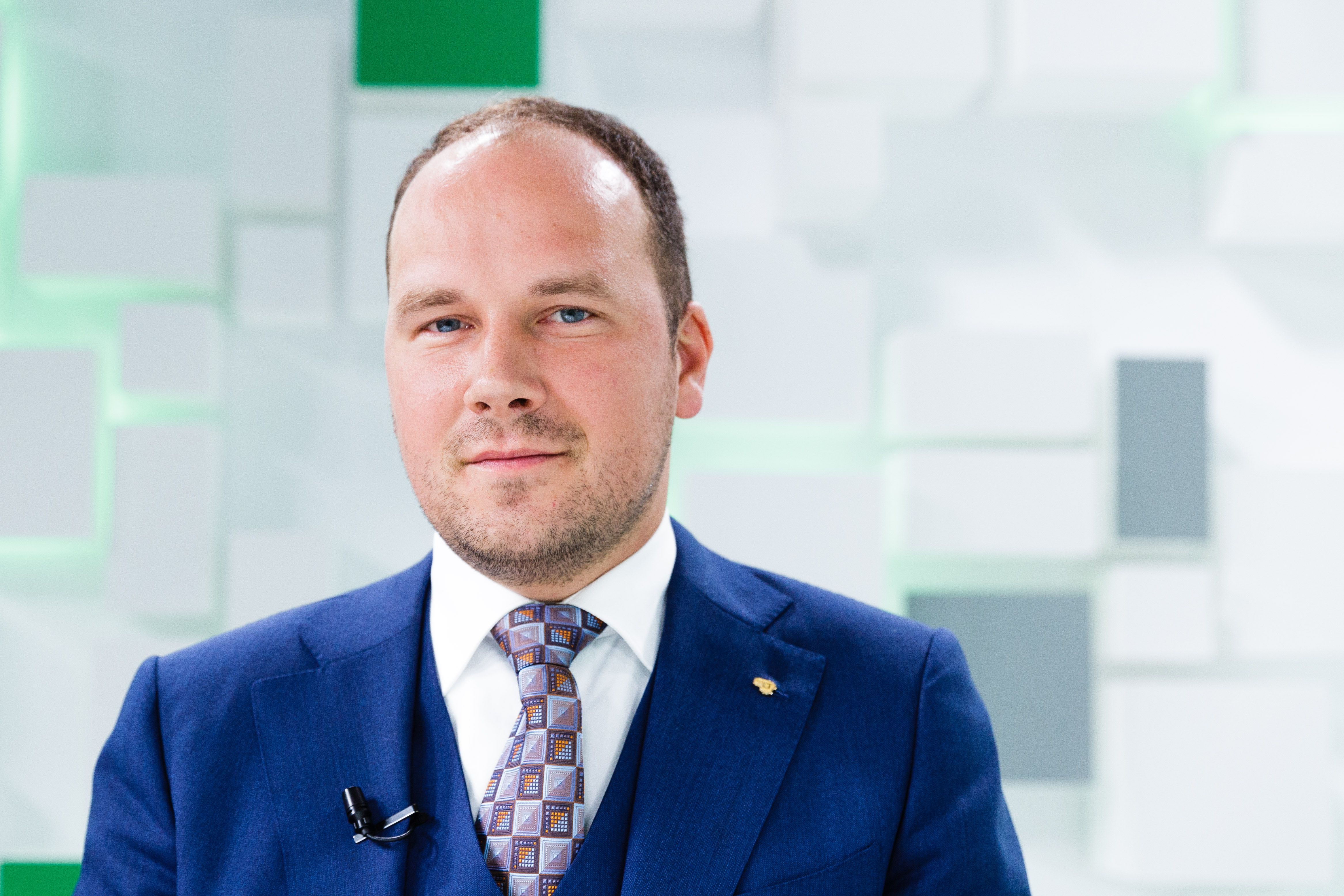USA. Total support to Israel on the basis of two ways of approaching war with hamas

The latest proposal for a US ceasefire for the conflict between Israel and the terrorist group Hamas was mediated by Steve Witkoff, special sent from President Donald Trump to the Middle East (see text beside).
The proposal, released on May 31, 2025, seeks to establish a 60 -day truce, with the exchange of 10 Israelite hostages for approximately 1,200 Palestinian prisoners, as well as allowing the united nations coordinated humanitarian aid.
Witkoff’s appointment as an American special envoy is an example of differences in conflict approach to Joe Biden’s administrations, still US president when the war between Israel and Hamas began, and the current leader Donald Trump.
The transition between administrations has brought significant changes in the US approach, especially with regard to negotiating process, foreign policy and diplomatic rhetoric.
Trump’s first term, between 2017 and 2021, was marked by strong unilateral support to Israel, with the American leader cutting ties with Palestinians, including ending the Mission of the Palestinian Liberation Organization (PLO) in Washington and the UN Palestinian UN Agency).
The US President recognized Jerusalem as Israel’s capital and changed the US embassy to the city, which was seen as a break with the traditional US neutrality policy and privileged direct bilateral solutions, ignoring multilateral forums such as the UN.
Coordination diplomacy in 2021, Biden tried to restore US role as the most traditional and reliable mediator, but maintaining strong support to Israel. He restored humanitarian aid and restored relations with Palestinian authorities, favoring the solution of two states, but without pressuring Israel for it, and preferring coordination diplomacy with allies such as Egypt, Qatar and Jordan instead of unilateral actions.
After the attacks of October 7, Biden expressed unconditional support to Israel, stating that the US was next to the country against terrorist attacks. He reaffirmed firm support for Israel’s safety and his military offensive in Gaza, but put pressure to minimize civilian victims and allow humanitarian aid. He even asked for humanitarian breaks and later a temporary ceasefire, involving the US in negotiations for a truce, hostage release and sending humanitarian aid. The Israeli attack on Rafah and the lack of a plan for Gaza Post-Hamas were the themes of divergence with Israeli Prime Minister Benjamin Netanyahu.
In January 2025, even at the end of his term, he announced a ceasefire agreement in three phases: withdrawal from the Israeli forces from populated areas of Gaza, release of Palestinian hostages and prisoners, and reconstruction of the region.
During Biden’s term, the US sent approximately $ 1.2 billion (1.04 billion euros) in Humanitarian aid to Palestinians and about 17.9 billion in military support to Israel. He criticized many of the Israeli military actions that resulted in high civilians, but has always reiterated Israel’s right to self -defense.
Defeat Hamas
When he took office in January this year, Trump immediately expressed unrestricted support to Israel and stressed the need to defeat Hamas. In February 2025, Trump proposed that the US take control of the Gaza Strip, displacing the approximately 2 million Palestinians and cleaning the area. The proposal, also known as the creation of the ‘Riviera do Middle East’, was widely criticized for violating international law.
At the time, President Donald Trump said the « United States will take control of the Gaza Strip and we will develop work on site. We will be their owners and also responsible for the dismantling of all dangerous non -detonated bombs and other weapons in the place. »
Without the return of people
Trump also said that the US will work to develop the area economically after cleansing the wreckage caused by the destroyed buildings. “I don’t think people should return,” said Trump. « You can’t live in Gaza right now. I think we need another place. I think it must be a place that makes people happy. »
The US president also announced a $ 14 billion military aid package to Israel to support his operations against Hamas.
Trump’s proposal has generated tensions with traditional US allies and international organizations, which considered the unilateral and punitive approach as a setback in peace efforts.
Peace efforts that seem to be fruitless, since the latest US proposal was rejected by Hamas, which requires a permanent ceasefire, removed from Israeli troops from the Gaza Strip and guarantees of reconstruction of the region.
Steve Witkoff classified Hamas’s response as « totally unacceptable » and stated that « only the peace process » only rejects. «
Also the Israeli Prime Minister classified as “unacceptable” the counterproposal of Hamas. Benjamin Netanyahu accuses Hamas of staying “firm in his refusal” and ensures that “Israel will continue his actions by the return of our hostages and the defeat of Hamas,” said the head of the Israeli government.
Hamas’s political office, on the other hand, states that the group’s amendments to the proposal of the do not seek “political conditions, but a minimum of human dignity”, after 19 months of Israeli bombing.
Proximity mediation
US special envoy argues that Hamas disarms and leave Gaza.
Steve Witkoff is a well-known US businessman and investor in the real estate sector. Founder of Witkoff Group, one of the leading investment and real estate development companies in the US. Born in New York, he graduated from the University of Michigan and began his career in the financial sector before moving to the real estate. Witkoff is recognized for real estate rehabilitation and creation of ventures in difficult markets, as well as their philanthropy in areas such as health or education.
A close friend of US President Witkoff was appointed by Donald Trump as a special US to the Middle East in November 2024. Although he had no diplomatic experience, he played a crucial role in ceasefire negotiations between Israel and Hamas, using a direct and assertive approach, aligned with Trump’s leadership style. The special envoy was fundamental in the mediation of a six-week ceasefire agreement in January 2025, which involved the exchange of 33 Israelite hostages for about 1,000 Palestinian prisoners. At the time, he told Israel’s Prime Minister to agree to the ceasefire to which he had dodged so long. « The president has been a great friend of Israel, » Witkoff told Benjamin Netanyahu, according to the Wall Street Journal, « And now it’s time to return this friendship. »
Witkoff worked at the ceasefire in Gaza with his Biden administration counterpart Brett McGurk during the transition in a rare example of bipartisan cooperation. « Brett McGurk was great for the Biden administration, » he recalled. “We worked in collaboration”. Witkoff, with a much more warm personality than his predecessor has developed relations with hostage families. « I have a lot of empathy because I lost a child, » he said. « Therefore, I talk to these families who have lost children and who want the bodies of their children back as well as families who have alive children. » In addition to his role in negotiations, Witkoff suggested that Hamas should disarm and leave the Gaza Strip as a condition for a lasting peace. The US special envoy stated that the terrorist group “has no alternative” but to disarm and leave the region to enable a peace agreement.








